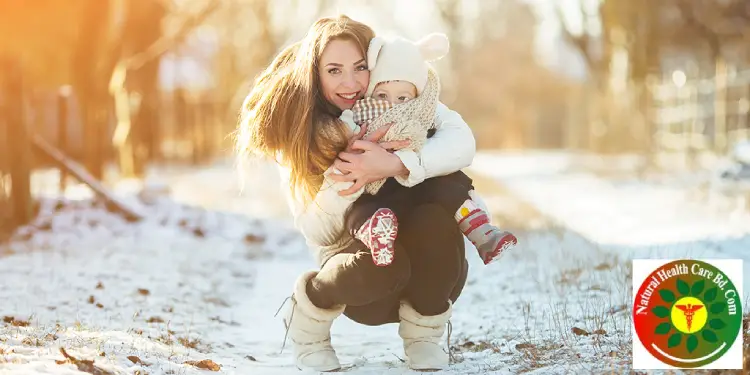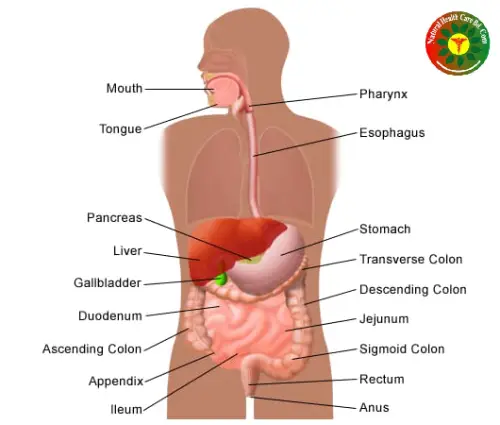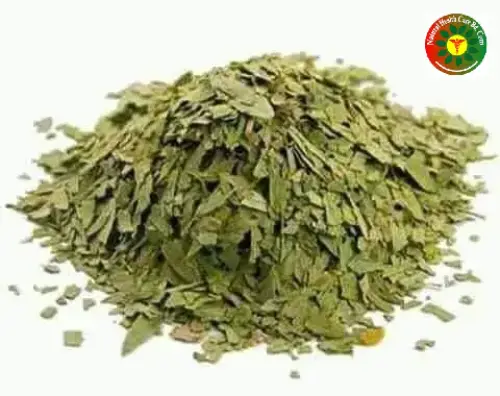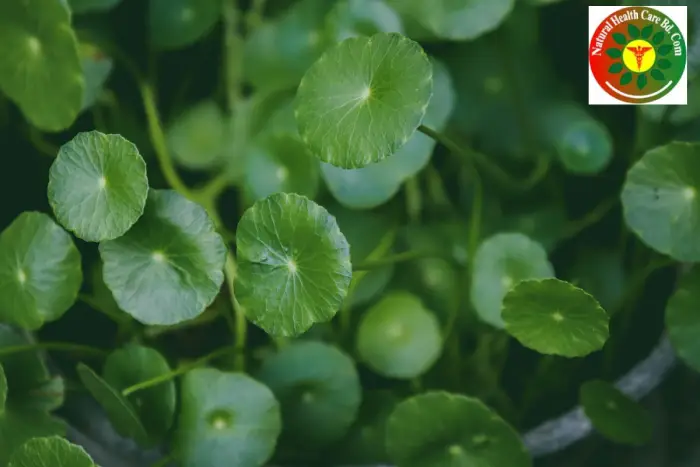Child Care in Winter
Winter is coming. In the humid weather of winter, the skin of the child becomes dry and lifeless. Children face more problems due to dry skin. Therefore, extra precautions are needed in winter than in other seasons. Pneumonia and colds are widespread problems in childhood. Thus, to protect themselves from the winter outbreak, parents should follow some specific rules, which are described below:
Winter Clothing
The primary condition to keep children safe from winter is to dress them in sufficient clothing. Wearing warm clothes alone will not protect them from winter. Children or young children tend to feel the cold more than adults. Therefore, children should dress according to the severity of winter to prevent them from catching a cold.
Bathing
Numerous parents are uncertain about giving their children baths in winter, frequently fearing that it could lead to illness. Nevertheless, it is vital to keep in mind that maintaining children's cleanliness is equally essential during the winter as it is in every other season. After bathing, thoroughly dry their body and hair to keep them comfortable. If you have access to some sunshine afterward, that can make the experience even more enjoyable for your child.
Moisturizer
The most essential thing in a child's skincare during winter is a moisturizer. The process of changing a child's dry skin to moist is called moisturizing. After bathing, apply olive oil or a moisturizing lotion suitable for children. After bathing the child, wipe the body with a soft baby towel and then apply moisturizer.
Use cotton clothes
The winter season is distinct from the other seasons. It takes time for the body of a newborn baby to develop a heat control system. Therefore, a child born for a few days should be kept at a warm temperature. If the room temperature is 25 degrees, you should wear cotton clothes and wrap yourself in a blanket. Cotton clothes are beneficial for allowing air to circulate the baby's skin. Cotton clothes are also handy for keeping your baby's skin soft. If the temperature is below 25 degrees, a sweater can be used. The baby should be breastfed frequently. Breast milk increases immunity. As a result, the baby is less susceptible to colds, coughs, and other illnesses. Open the windows during the day and let the sun and fresh air (even if there is a cold wind) enter the room. Clothes should be dried in the sun rather than indoors. It is better to keep the baby close to the mother's lap rather than keeping it in a cradle or under a separate mosquito net. This will keep the baby warm, increase intimacy between the mother and baby, and facilitate breastfeeding.
Use high-absorbent diapers
In winter, if the diaper gets wet or leaks, the baby is likely to catch a cold. For this, it is necessary to use high-absorbent and leak-proof diapers. Change the diaper every six hours, even if it is dry.
If you catch a cold
Children can often catch a cold in winter. When the baby's nose is blocked, sleep can be disturbed at night. Therefore, placing two drops of nasal drops in both nostrils before bedtime will help the baby sleep better. If you catch a cold in winter and have a cough, shortness of breath, or a gurgling sound in the chest, or the breastbone sinks inward while breathing, you should immediately seek the advice of a specialist doctor. Mixing honey with lukewarm water and giving it to your baby can provide good results.
Winter food
You need to consider the choice of winter food for your baby. In winter, children should be given foods that provide extra vitamin C. It is good to give fruits like lemon, orange, malta, and amalaki. However, those who cannot chew can be given fruit juice.
Be aware of the signs of illness.
Sometimes, children's illnesses can be understood from an external aspect. For example, if a child's nose, ears, feet, fingers, etc., become gray or pale, it indicates they are experiencing cold-related problems. In this case, those areas should be washed with lukewarm water. If the water is too hot, the skin will be burned. If the child is shivering and has difficulty speaking, it means that hypothermia has occurred. In this case, you should consult a doctor immediately.
Appendix
Children's skin tends to become very dry in winter. As a result, children suffer a lot from physical pain. If parents are careful enough about their child, they should have an idea of what kind of problems the child may encounter during the winter and take appropriate measures to address them.











0 Comments